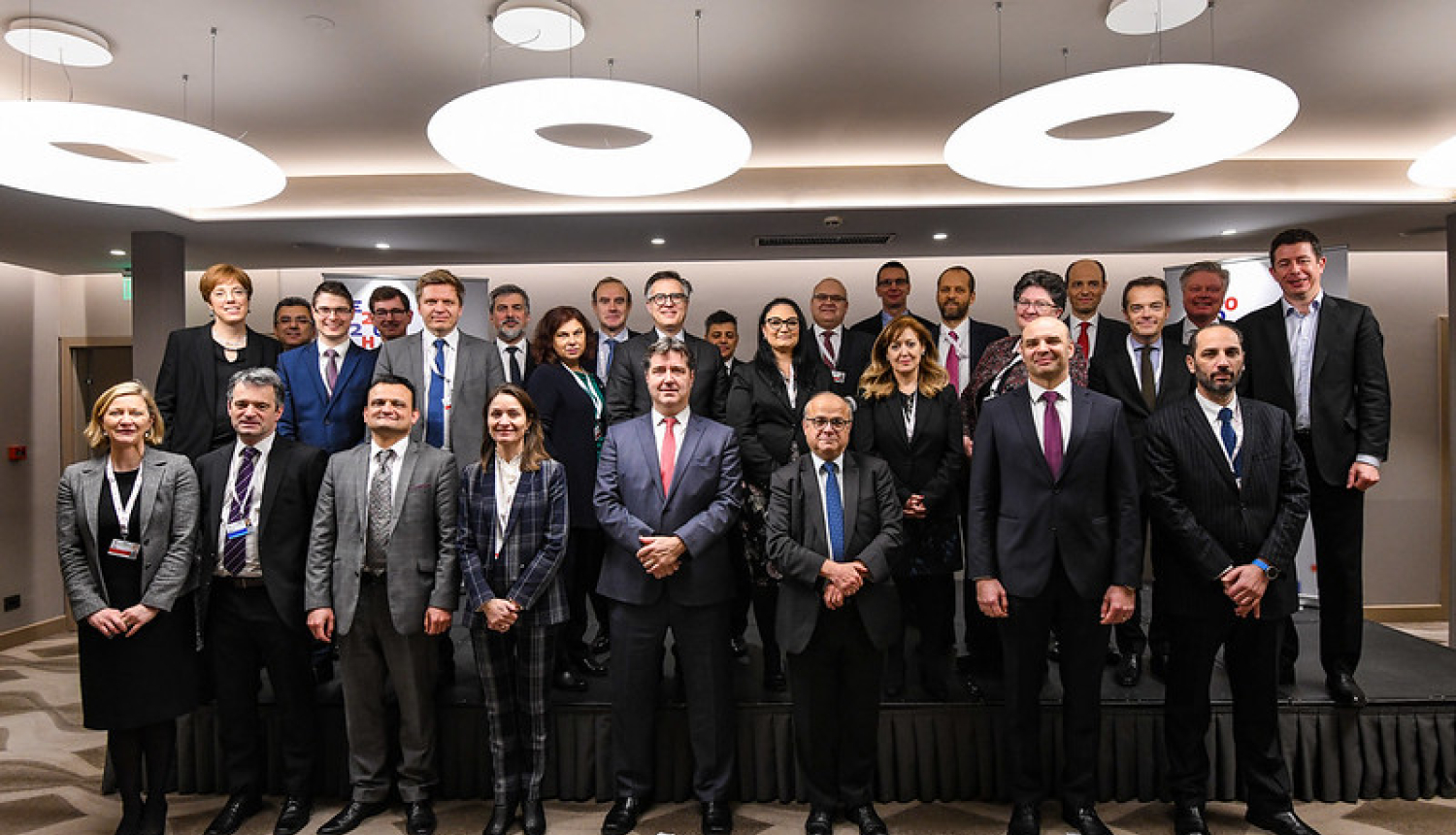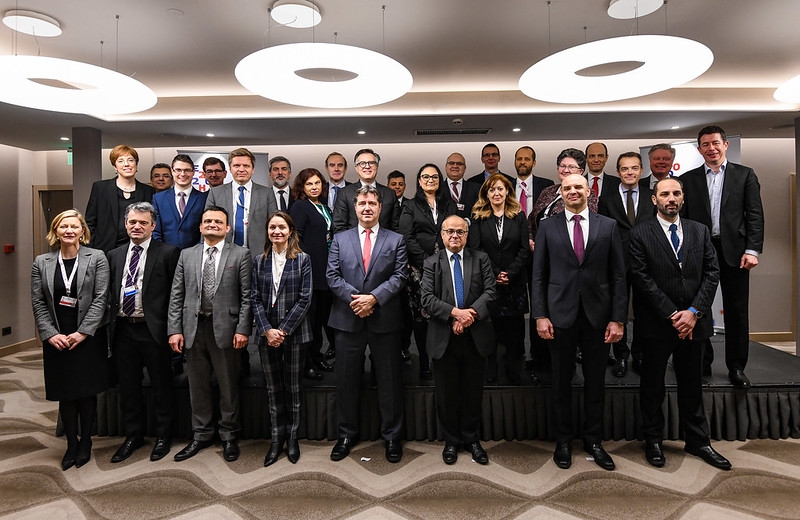On 9–10 January 2020, the Under-Secretary of State - Political Director of the Ministry of Foreign Affairs, Jānis Mažeiks, took part in an informal meeting of the Political Directors of the European Union (EU) Member States in Zagreb, Croatia, and Brussels, Belgium, at which the developments in the Middle East, especially in Iran and Iraq, were discussed. The Political Directors shared opinions with the United States Under Secretary of State for Political Affairs, David Hale, on cooperation between the EU and the U.S. and the escalation in the Middle East.
On 10 January 2020, in preparing a discussion on Iran and Iraq for the Foreign Affairs Council, EU Political Directors underlined that the parties to the conflict in Iraq must be strongly encouraged to prevent its further escalation. They also discussed matters related to the active role of the EU in normalizing the situation and pointed out that the EU will continue urging Iran to fully comply with the Joint Comprehensive Plan of Action (JCPOA).
In a discussion on the Western Balkans, Jānis Mažeiks stressed that the EU’s enlargement represents an opportunity for its neighbours, but it is also the EU’s responsibility to ensure that the Western Balkans countries are rewarded if they are fulfilling the criteria. In this regard, Latvia considers that the EU should begin accession negotiations with North Macedonia and Albania. If the EU does not give an opportunity to the Western Balkan countries, the region will be sent a negative signal and other players will take advantage of this to expand their influence in the region.
At their informal meeting, the Political Directors evaluated the state of affairs in Libya. EU Member States voiced concern over the continued hostilities and called on all parties to the conflict and the region’s countries to cooperate in the so-called Berlin process and to create a stricter requirement for the compliance with the arms embargo set by the United Nations.
In a discussion on the relations between the EU and Russia, Jānis Mažeiks pointed out that attention should be devoted to the human rights situation in the Russian Federation as well as to Russia’s activities in Georgia, where violations of the administrative boundary line with Abkhazia and South Ossetia are occurring with increasing frequency.





